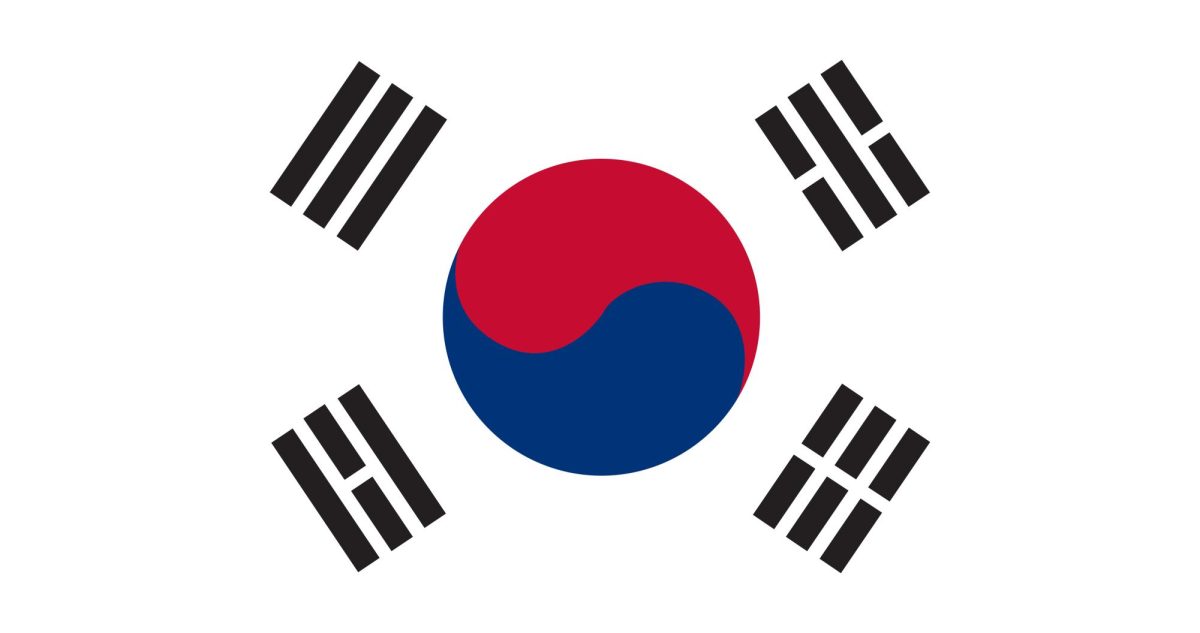On December 3 of last year, South Korean President Yoon Suk-yeol declared martial law on national television. Martial law is essentially when the military controls the country. During this time, normal laws can be suspended, civil rights restricted, and the military handles law enforcement rather than the police.
This had been the first time in 50 years where martial law was declared in South Korea, the last time being in 1979, when “the country’s then long-term military dictator Park Chung-hee was assassinated during a coup,” said Frances Mao and Jake Kwon from BBC News.
Many confused Koreans began to protest against his declaration, questioning the weak amount of evidence and elaboration provided before the president made his decision.
The president claimed to have announced martial law in order to “crush all anti-state forces that have been wreaking havoc,” said Mao and Kwon.
Specifically, he briefly explained that with this martial law imposed, he would “eradicate pro-North Korean forces and protect the constitutional democratic order,” said Yoon during a televised speech.
Following the announcement, troops and military were seen already surrounded by parliament. They left shortly after it was overruled.
As a result of the protests, lawmakers and parliament gathered to vote against the president’s decision. Along with the public’s views, the martial law was decided unconstitutional, forcing President Yoon to lift this law.
190 of 300 members of the parliament were present at the time of the voting, and all 190 of them voted his act unconstitutional.
Lawmakers were debating on whether or not the president should be impeached for his impulsive act, but ultimately, the impeachment attempt had failed.
Falling short of only five more votes needed of 200 to pass, President Yoon narrowly escaped the impeachment vote.
Cho Kyung-tae from the People Power Party (PPP) said that “Yoon’s ‘irrational and absurd decision’ to declare martial law had ‘overshadowed’ what he described as the Democratic Party of Korea’s ‘many extreme reactions’ while in power.”
Many were shocked at this outcome, as the president was already beginning to lose support over the years since taking office in 2022.
The president made an apology the following week, claiming that he made this rash decision out of desperation and that he would never do something like this again.
Instead of impeaching President Yoon, there are discussions taking place deciding whether or not his party should create an amendment to shorten his presidency term.
While the President’s issue continued to create protests and debates, concerns regarding the people around him have risen as well. His wife got investigated for stock price manipulation on the same day of Yoon’s apology.
Additionally, Defense Minister Kim Yong Hyun was accused of “ordering the development of troops to the National Assembly,” said Kim Tong-Hyung and Hyung-Jin Kim from AP News.
The martial law was only in effect for around six hours before the president lifted it. While this law has been lifted, chaos still ensues in South Korea as the president continues to face backlash, and tension between military control and democracy rises as well.
Protests continue; some are in support of Yoon, but many are protesting against Yoon’s Presidency and qualifications.

